It might be a few side stories, but it all makes it feel more complete.
Doki Doki Literature Club was once a hidden gem on Steam when it first launched in 2017. The seemingly innocuous and free-to-play visual novel about a student who joins a literature club filled with dateable prospects became famous because it was everything but what it said on the tin. This dating sim was actually not a dating sim at all, but a horror game, and the transition from poppy visual novel to dark, gruesome tale made for some of the most emotionally impactful gaming in recent memory. It's not surprising then that it's gone on to become a cult favorite among horror aficionados.
It's also not surprising then that thanks to its popularity, we now have Doki Doki Literature Club Plus, which was announced at E3 2021. The expanded version of the game includes upgraded visuals and some fun (and not so fun) extras. The new content doesn't change the crux of the game — it's still just as vibrant and disturbing as you remember — but some of the biggest changes either add depth to the already-present systems or, in the case of new content warnings, make the game more accessible to new players. It's still the same game, but it feels more like a version of the game the developer, Team Salvato, wanted to make. And now it's available on all platforms instead of just PC.
Doki Doki Literature Club Plus
Bottom line: Doki Doki Literature Club Plus is the same game you remember, but with a few small extras that make it all feel more worthwhile.
The Good
- Horrific base game remains mostly untouched
- Optional, new content warnings
- Side Stories add depth to the characters
- Optional bonus content rewards multiple playthroughs
- Now available on all platforms
The Bad
- Side Stories aren't interactable
What's new in Doki Doki Literature Club Plus?
| Category | GameNameXXX |
|---|---|
| Title | Doki Doki Literature Club Plus |
| Developer | Team Salvato |
| Publisher | Serenity Forge |
| Genre | Horror |
| Minimum requirements | Windows 7 or higher 1.8GHz dual-core CPU 4GB RAM Integrated graphics |
| Game size | 2.12GB |
| Play time | 2 hours |
| Players | Singleplayer |
| Launch price | $15 |
I won't get into spoiler territory because story points should be experienced mostly blind, but Plus adds optional content warnings, which are very welcome considering the heavy subject matter. The original game did have a small warning with a URL to go to if you want more detailed information, but the Plus version has them built in so you can read them while staying in-game before you even begin. Doki Doki Literature Club has always been upfront that the game has "disturbing subject matter," but now you can know exactly when you're about to be shocked by said subject matter. Turning on content warnings in the settings gives you a pop-up when you're about to see something disturbing — suicidal ideation, puke, blood, etc. — which goes a long way to assisting players. Since it's optional, you can choose to have them off if you want to play the game raw.
The other biggest change is the addition of Side Stories, six new tales that deepen the relationships between the characters. They all take place before the main events of the game, but fill in the gaps between them before you came along. How did the aggressively shy Yuri get convinced to join the club? How does Monika know about Sayori's depression? These stories don't have any interactive elements and don't tie in with the meta foundation behind the game's story. Rather, they treat everybody as actual characters to be introduced and fleshed out, which adds a lot to the game's thoughtfulness and compassion rather than shock value.
Speaking of meta, there is a new UI for all of those fourth-wall-breaking systems, like when you have to delete files. If you know where to look, you can also find lists of key terms for poetry writing. Previously, this was available, but only if you opened up the game's files separately. Now, there's a built-in area that unlocks the first time you try to exit the game. We'd recommend clicking around in there once you gain access. You'll find a lot of hidden gems.
Finally, there are some smaller additions that fans of the game might enjoy. There are more than 13 new tracks and over 100 unlockable images, which will be fun to find if you're into collectibles. The latter, along with the Side Stories, are there to incentivize you to play the game multiple times. You unlock different Side Stories by writing poems that appeal to different characters, which might require multiple playthroughs, and can find new images, which even include fan art. It's unclear how many people will want to play through the game multiple times considering just how dark and disturbing it can be, but the rewards are optional so it doesn't take away from those who want to go through it once.
None of these changes affects the game itself (minus some new HD images), which still features one of the most impactful stories I've played in a long time.
Why you should play Doki Doki Literature Club Plus
Right off the bat, you might be wondering why this cutesy-looking visual novel would be considered one of the most disturbing psychological thrillers ever put into game form. As we previously mentioned, we're not going to spoil major plot points that are best experienced for yourself, but suffice to say there's an emphasis on "psychological" here. Doki Doki Literature Club is a game about mental health and how dating sims play around with our expectations of a character's psychology.
Doki Doki Literature Club is a game about mental health and how dating sims play around with our expectations of a character's psychology.
You're presented with four archetypes, three of which you can romance at first. Sayori is the girl next door, Yuri is the quiet bookworm, and Natsuki is the hot-headed tsundere. There's also Monika, the club president and typical straight-A perfection. Your goal, at first, is to romance one of the first three by writing poetry targeted at the right girl. For example, Yuri likes more metaphorical poetry with complicated vocabulary while Natsuki prefers simple, adorable language. Things proceed as normal for a while until they don't. And then the game breaks.
Doki Doki Literature Club's horror stems mainly from the subverting of your expectations. Those might already be skewed if you have an inkling as to what's coming (content warnings about disturbing content might give you an idea), but nothing can actually prepare you for what the game has in store. The game takes what you learn about the characters — all of their flaws, mental illnesses, tragic backstories, and more — and heightens them. This is on purpose, as you'll learn, but it forces you to confront some heavy topics, and how your seemingly incorrect choices can lead to violence. It's not just that these characters go to sometimes gruesome extremes due to their relationship with you; the game ensures that you feel the weight of those consequences. It's your fault, really, if what Sayori does after you choose not to walk home with her ends in tragedy.
At one point, the game directly addresses you, the player, and tells you what's really going on. The result, while relieving you of a lot of guilt, does add another layer of chilling terror to the scenario. All of the darkness then feels deliberate, an attempt not by the developer but by the game itself to unnerve you for its own gain. Only by playing with the game files themselves can you break out of its spell.
During my second playthrough, I was struck by how gruesome some of those dark scenes truly are. I wondered if using serious mental illness as a crutch for some heart-thumping jump scares was the right way to go. To some, the usage of these very real but hard-to-watch reveals might be too much, which is why I would recommend turning content warnings on if you're sensitive or squeamish. As a horror fan, I've seen a lot that has nauseated me, and some of the images in Doki Doki Literature Club will stick with me forever. There's also something to be said about how the game (both Doki Doki Literature Club and the game within the game) feels manipulative. Considering how our society treats intense mental illness, it feels almost easy to use things like depression, obsession, and self-harm to unnerve you.
However, in the end, it all feels like that's the point. The game wants you to think about why it's using these images to disturb you. When it's revealed at the end exactly why everybody is acting in certain ways, it all comes together. Doki Doki Literature Club wanted you to ponder about that usage, why it's disturbing, and to what end.
Doki Doki Literature Club is a tough game to play, but seeing that these characters can be close to real people is soothing.
Then come the Side Stories in the Plus version. These take a break from the meat of the main game and the systems at work, putting you in a version of Doki Doki that's more in line with a real dating sim. These are now regular characters with sad, complicated backgrounds that you watch unfold, not interact with specifically. This can make the Side Stories (and a lot of the early moments of the main game for that matter) feel like a drag since you're doing a lot of watching. However, they add a lot to make the characters feel more genuine and real, not like avatars being manipulated for a horror game. They have their struggles, interact with each other, and make friendships, all outside the player's control. They're divorced from the main game, but add a surprising amount of heart.
Most importantly, it takes everything I was thinking about the main game and it's deliberate manipulations of both the characters and your emotions, and puts a damper on it. Doki Doki Literature Club is a tough game to play, but seeing that these characters can be close to real people is soothing. Despite mental illness and isolation, you can form beautiful relationships.
Final thoughts: Should you buy Doki Doki Literature Club Plus?
Doki Doki Literature Club was a great game on its own that didn't necessarily need a Plus version. That being said, Doki Doki Literature Club Plus makes it feel more complete. It's a tough game to play, even for some of the more experienced horror fans, and that's all still here. Surprisingly, the extras don't really add horror at all. They make it easier to play. But maybe that's what the game needed.
Thanks to optional content warnings, heartwarming and separate Side Stories, and some collectibles, the game feels a little less gruesome and terrifying, but more whole. It feels more well rounded and complete in its message about relationships, mental illness, isolation, and guilt. Doki Doki Literature Club is a horror game first and foremost, and that hasn't changed, but its Plus version feels more steadfast in its messaging, making the game feel almost sadder and more beautiful. Sure, you might not be able to truly romance any of the actual literature club members in the end, but you'll have a lot to think about, whether you want to or not.
Doki Doki Literature Club Plus is now out on PC, Nintendo Switch, PS4, PS5, Xbox One, and Xbox Series X|S. If you need more horror in your life, check out other great horror games for Xbox and the best horror games for PC.
Doki Doki Literature Club Plus
Bottom line: Doki Doki Literature Club Plus keeps the main game intact, but thanks to optional content warnings and some surprisingly heartwarming Side Stories, the game feels more complete and ready for the mainstream.
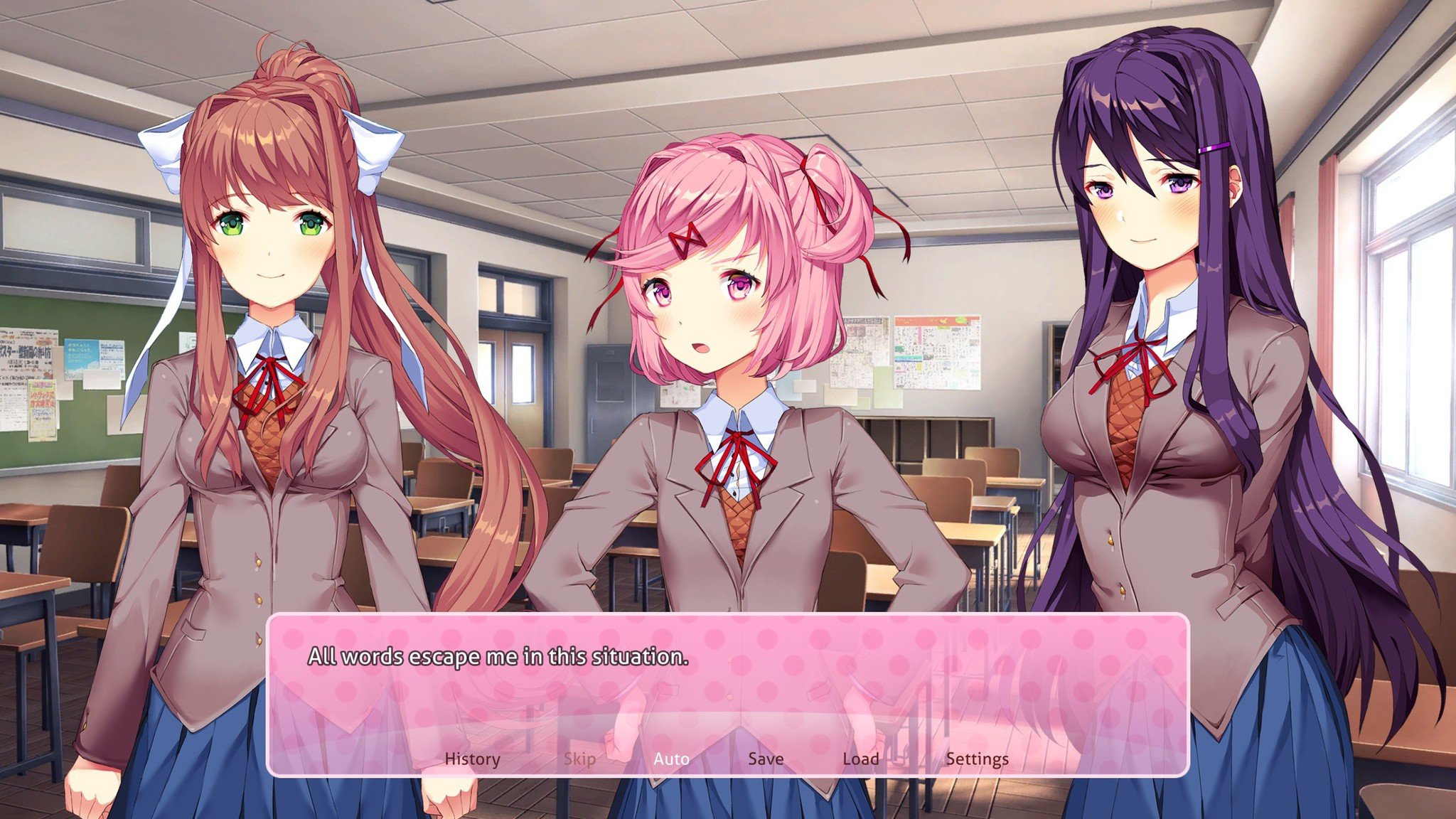
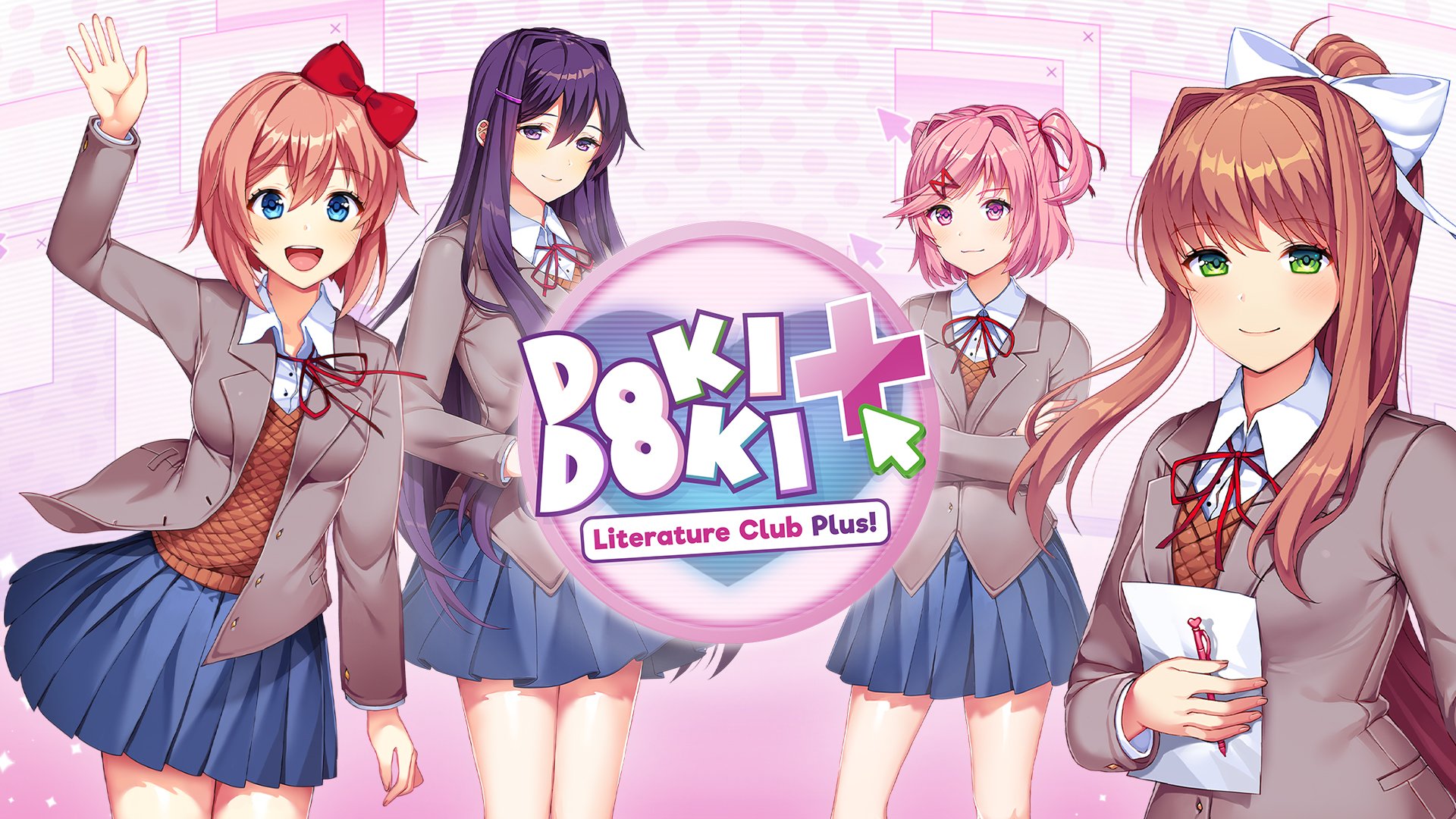
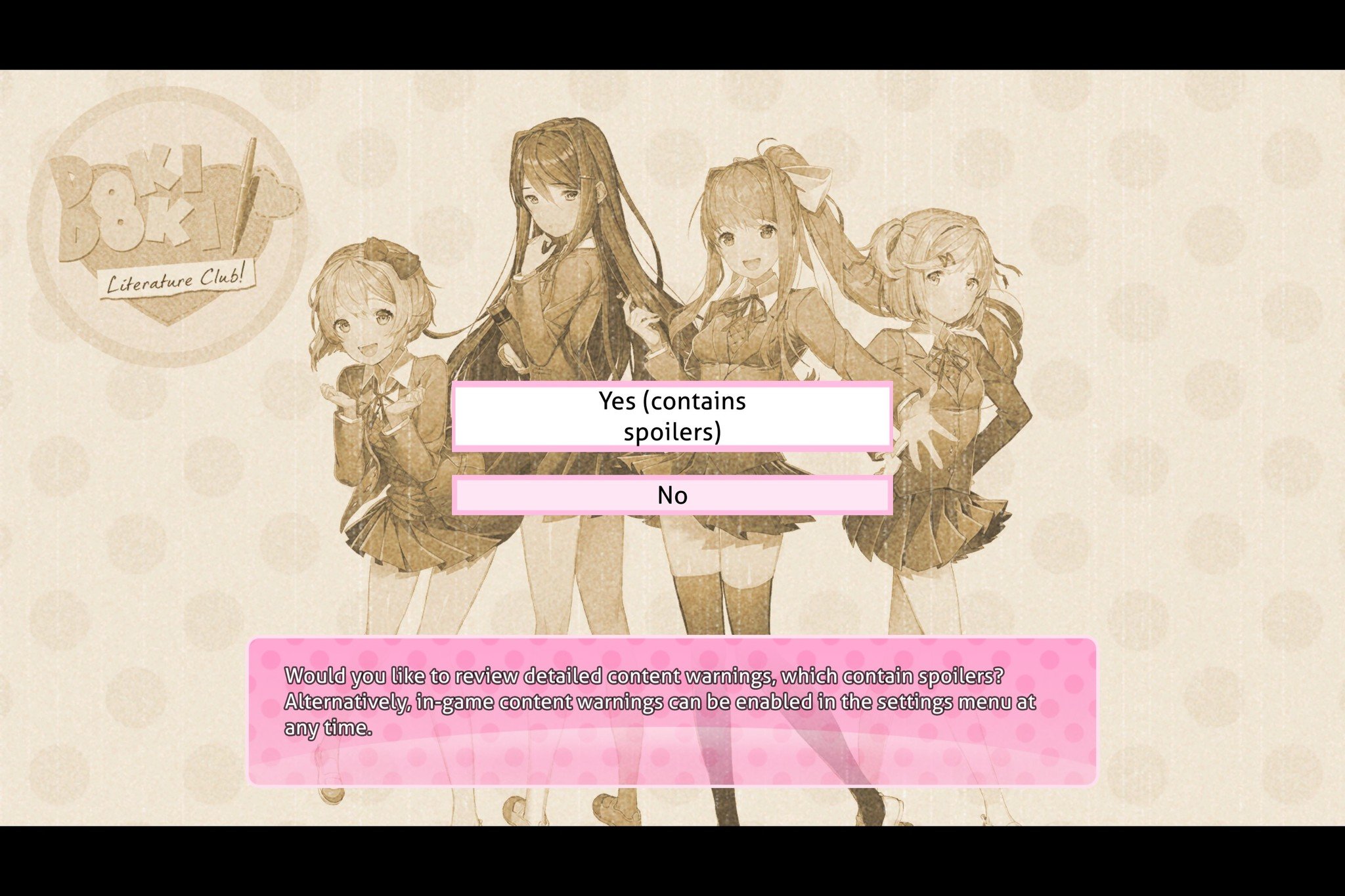

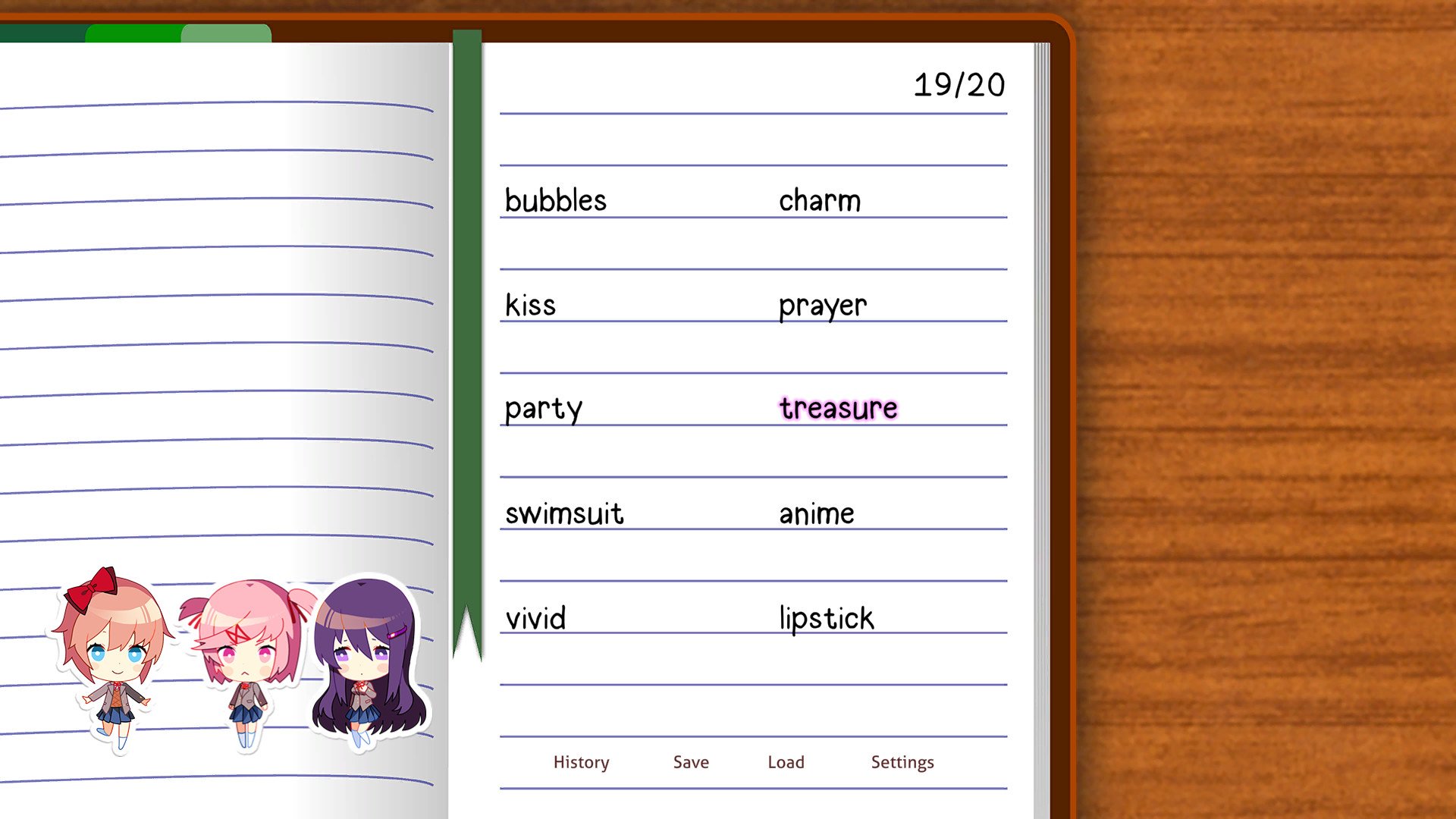
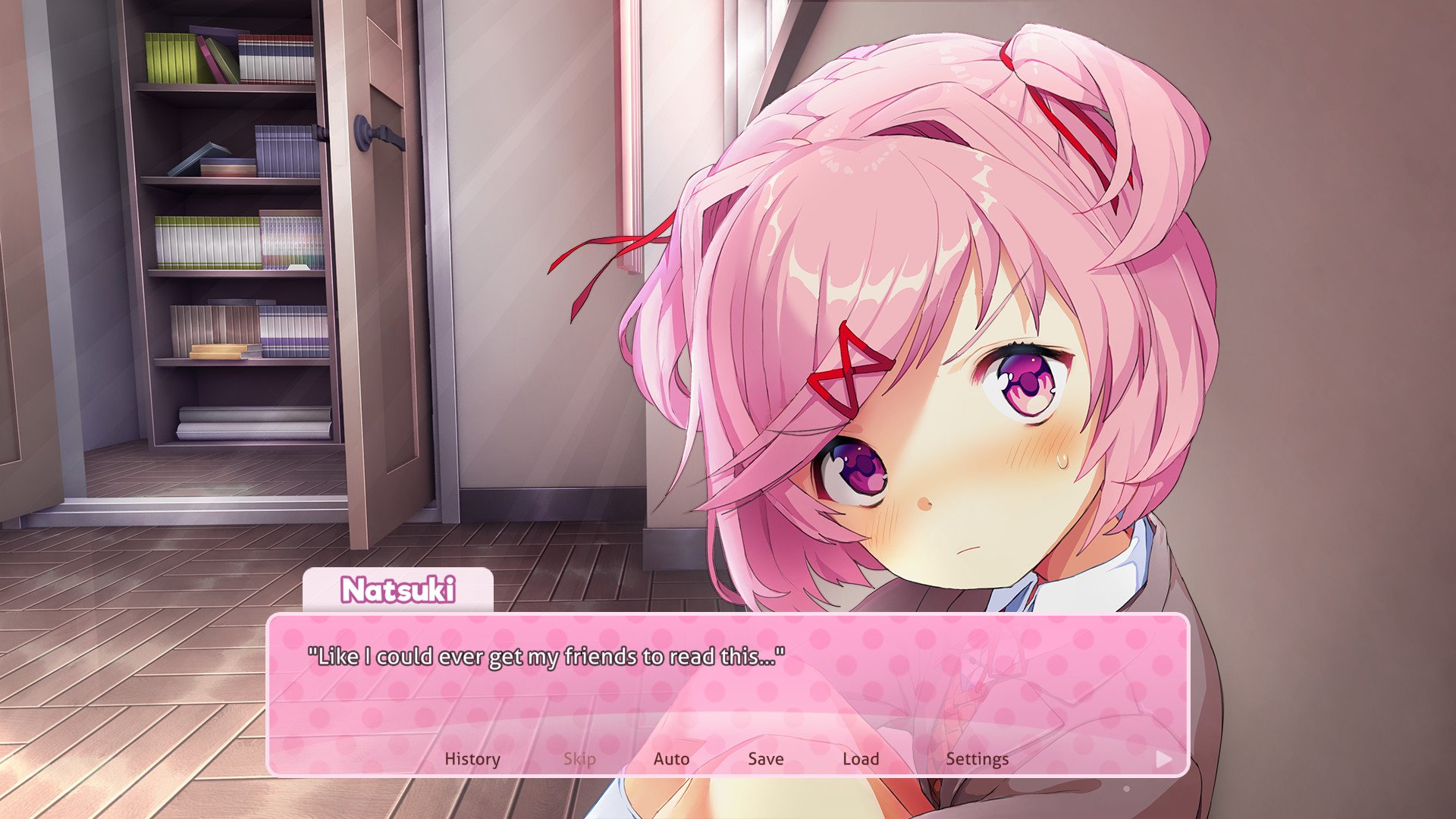
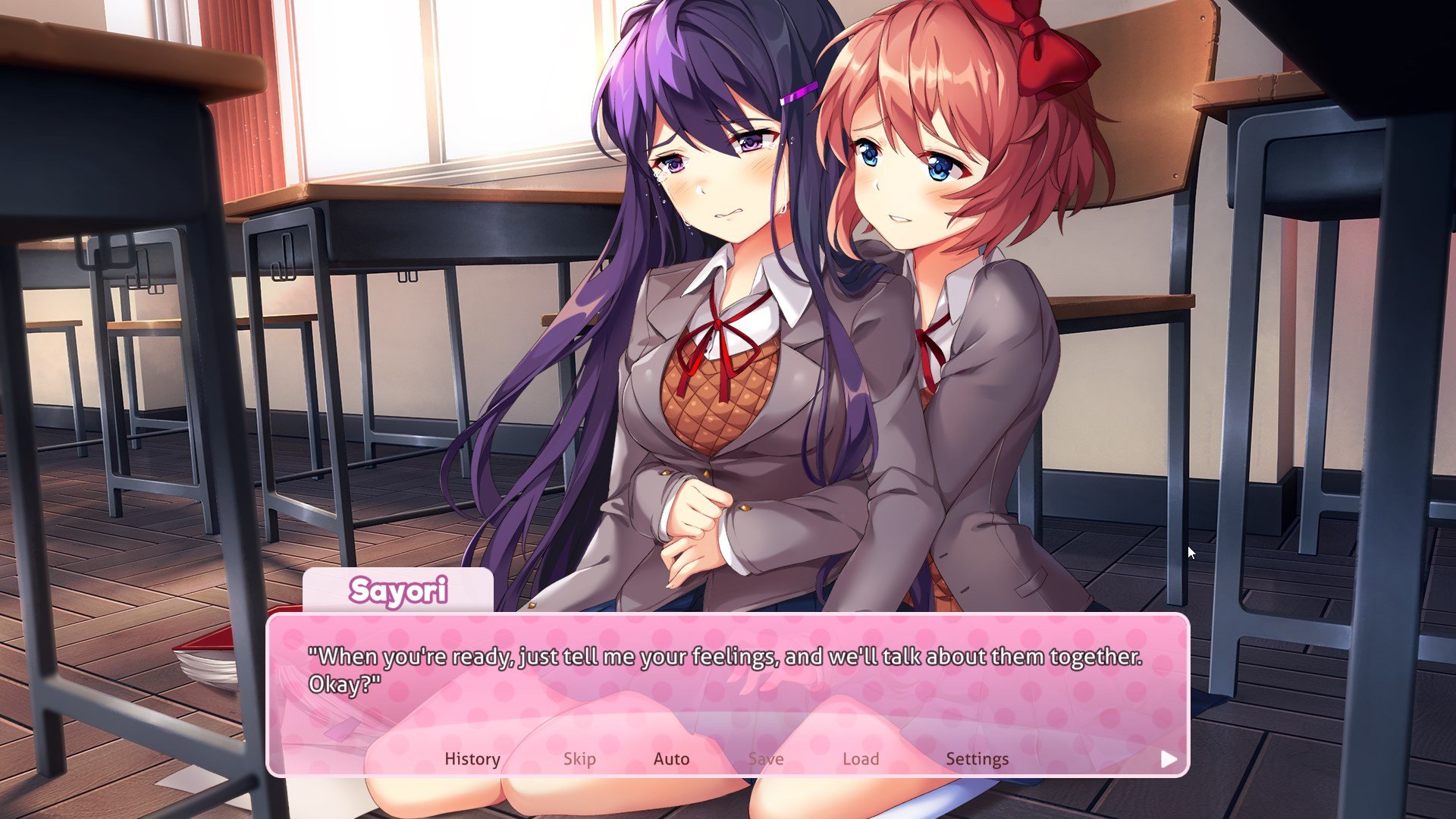
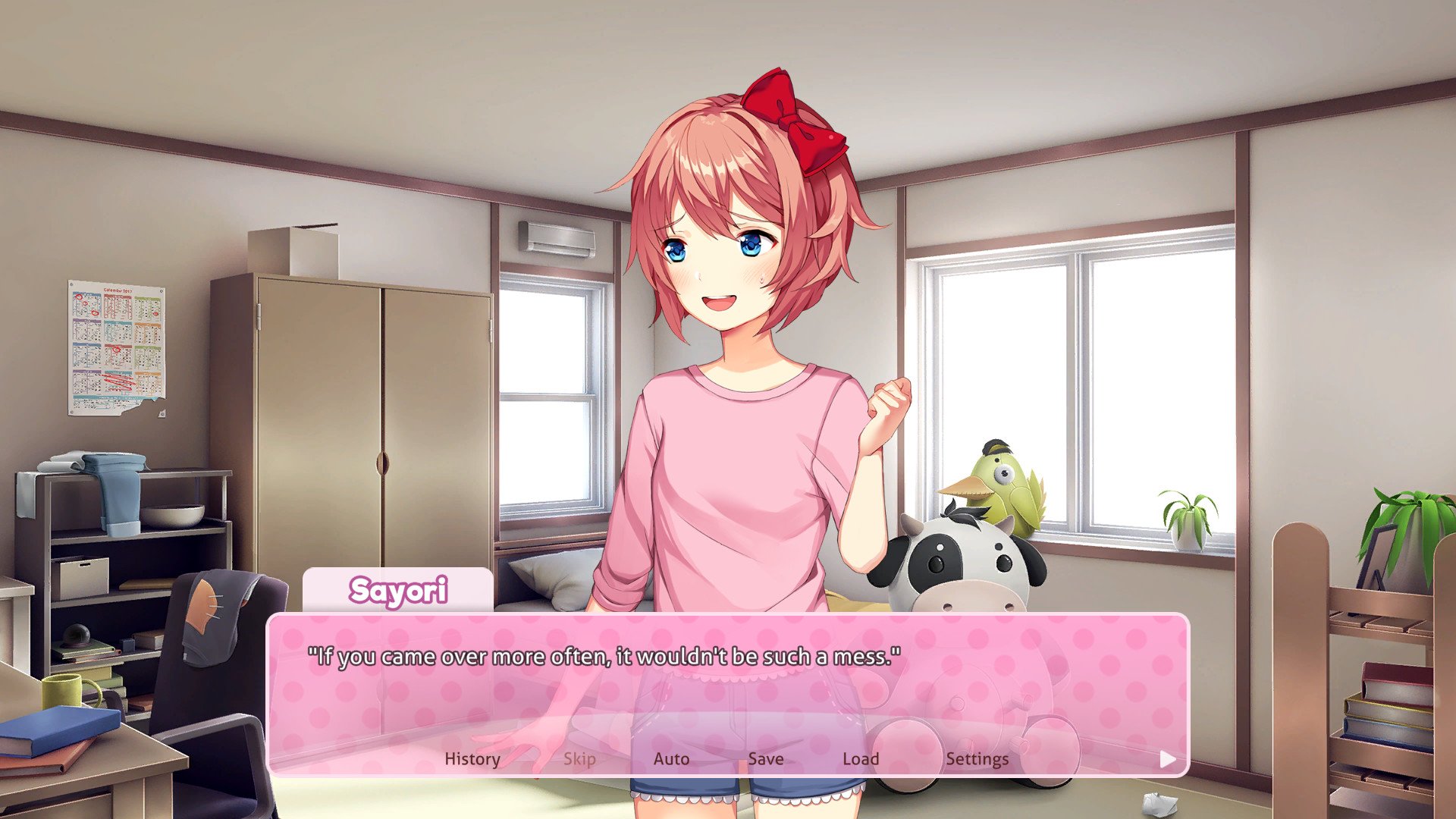
No comments: